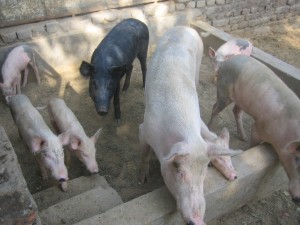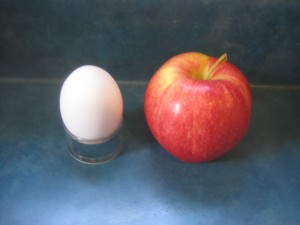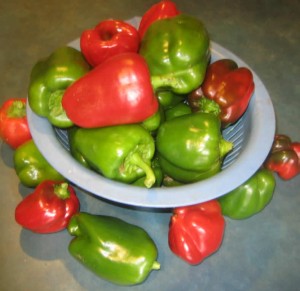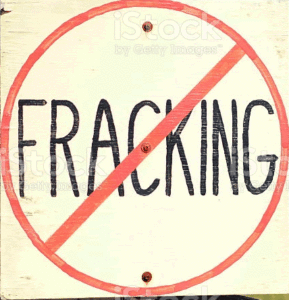 We all have to eat to live. Fine. But, what foods keeps me healthy, are environmentally sustainable, and socially just? On top of these basics, how do I balance my personal food consumption with the energy it takes to work on broader social justice issues like poverty, reducing environmental pollution especially from plastics and fossil fuels, violence, etc.? It can feel overwhelming, so I ask myself:
We all have to eat to live. Fine. But, what foods keeps me healthy, are environmentally sustainable, and socially just? On top of these basics, how do I balance my personal food consumption with the energy it takes to work on broader social justice issues like poverty, reducing environmental pollution especially from plastics and fossil fuels, violence, etc.? It can feel overwhelming, so I ask myself:
* What is most important?
* What is mine to do?
Most all social justice causes are important – even crucial for some folks. Of course, what is mine to do varies with what else I am juggling, what talents I have, and whether my effort will make a difference. But how do I discern what to spend time on?
For the purpose of this blog entry, I’m focusing primarily on food issues. Global poverty, racial injustice, etc. although related, will have to wait. Food has gotten my attention for now and I do think I can do something constructive both personally and systemically.
Here are some steps I’m weighing:
 Eating Less Meat: Continue to limit the amount of meat I consume. Being Catholic, I was raised to not eat meat on Friday as a way to connect with Christ’s crucifixion. Fine; but not enough. My Marianist connections have added the custom of “Meatless Mondays.” Good. Two days a week is not really a struggle. For a couple years now I’ve reduced my meat consumption to only occasional use. (guests, special occasions, etc.) So, is reducing meat enough or should I go “cold turkey” and cut out all meat? Eating for Tomorrow gives an overview.
Eating Less Meat: Continue to limit the amount of meat I consume. Being Catholic, I was raised to not eat meat on Friday as a way to connect with Christ’s crucifixion. Fine; but not enough. My Marianist connections have added the custom of “Meatless Mondays.” Good. Two days a week is not really a struggle. For a couple years now I’ve reduced my meat consumption to only occasional use. (guests, special occasions, etc.) So, is reducing meat enough or should I go “cold turkey” and cut out all meat? Eating for Tomorrow gives an overview. Going Vegan: What about other animal products like milk, yogurt, and butter that come from cows; or eggs that come from chickens? This gets a lot more complicated and restrictive. I feel virtuous when I make my own yogurt. I know there are non-dairy substitutes for milk but they take careful shopping and often cost more. Hey, eggs are nutritious, right? Hmmm.
Going Vegan: What about other animal products like milk, yogurt, and butter that come from cows; or eggs that come from chickens? This gets a lot more complicated and restrictive. I feel virtuous when I make my own yogurt. I know there are non-dairy substitutes for milk but they take careful shopping and often cost more. Hey, eggs are nutritious, right? Hmmm. Consider the Land: Even if one doesn’t eat meat, might the farmland that cattle graze on be put to better use. Maybe promoting regenerative agriculture should be the priority. Might vegetables and fruit be grown on it instead?
Consider the Land: Even if one doesn’t eat meat, might the farmland that cattle graze on be put to better use. Maybe promoting regenerative agriculture should be the priority. Might vegetables and fruit be grown on it instead?- Focus on Forests: Alternatively, letting the land revert to forest could create homes for a variety of animals and wildlife. Trees especially also pull carbon out of the air and help reduce global warming.
- Beyond Food, Land, & Trees: So, should I alter my diet, work on alternative uses of land, or should I stay with my most recent commitment to reducing plastic?
- Personal lifestyle vs. Systemic Change: Then there is the classic question of how do I go beyond my individual lifestyle to making systemic change? This often involves getting involved in politics, or at least some community organizing and a lot of meetings. Of course I will continue to spread the word in my local and national faith and environmental groups (Anawim, SFDS Parish, Visitation Community, Pachamama, Green Umbrella, MSJC – and a bunch of other groups with initials – plus continue my weekly ECO-TIPS)
 Hey, another option – Maybe I should get involved with the newly emerging call to pay attention to the Fossil Fuel Non-Proliferation Treaty?😊
Hey, another option – Maybe I should get involved with the newly emerging call to pay attention to the Fossil Fuel Non-Proliferation Treaty?😊
Still, I wonder, what is the best balance between personal lifestyle and involvment with organizations that can impact more people and structures?
 Sooo, it’s complicated. I’m still sorting this all out. How do you make decisions about where to spend your discretionary time and energy? Or, do your job and/or children take so much time that discretionary time is a myth…for now. 😊
Sooo, it’s complicated. I’m still sorting this all out. How do you make decisions about where to spend your discretionary time and energy? Or, do your job and/or children take so much time that discretionary time is a myth…for now. 😊
I welcome your thoughts.